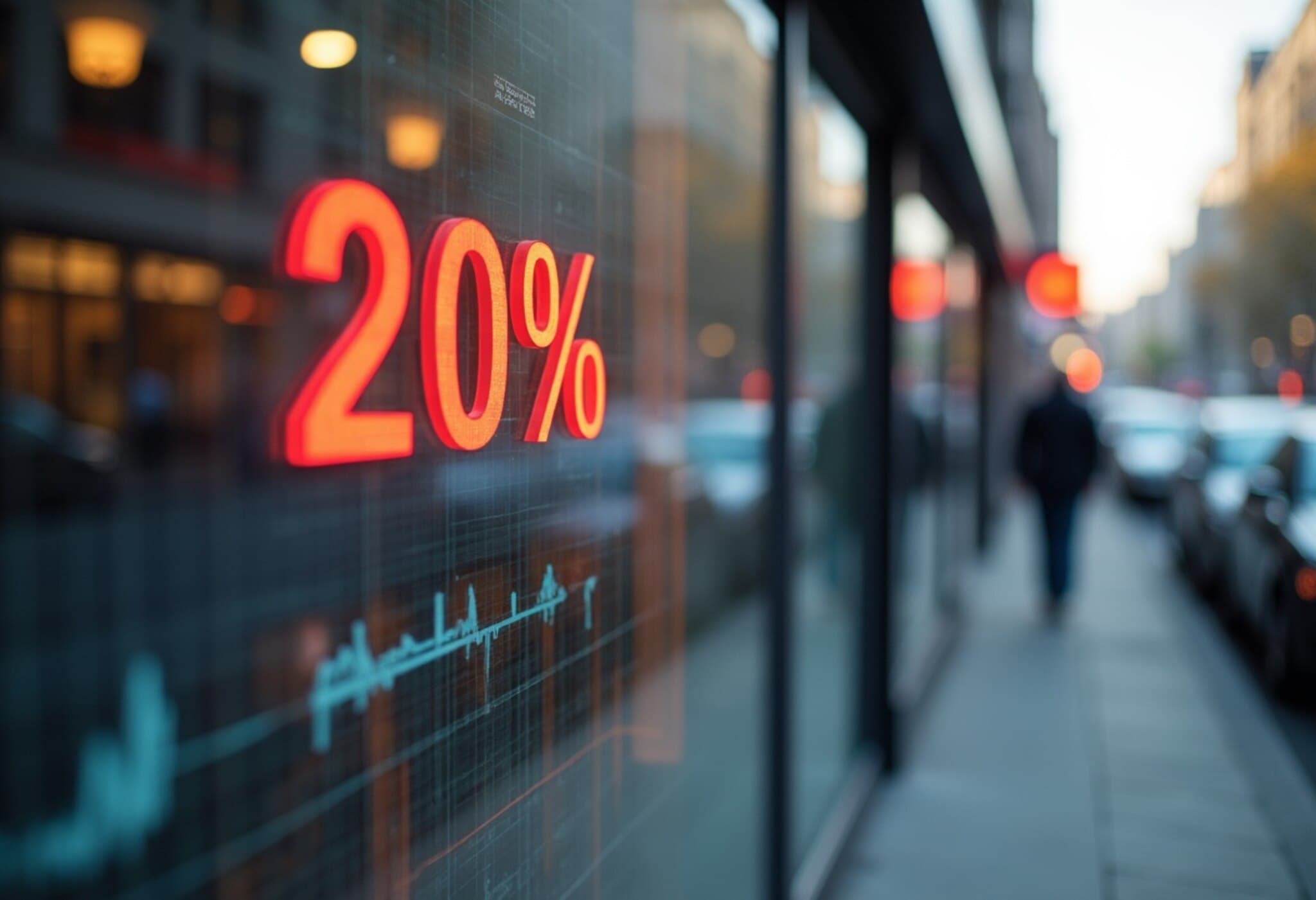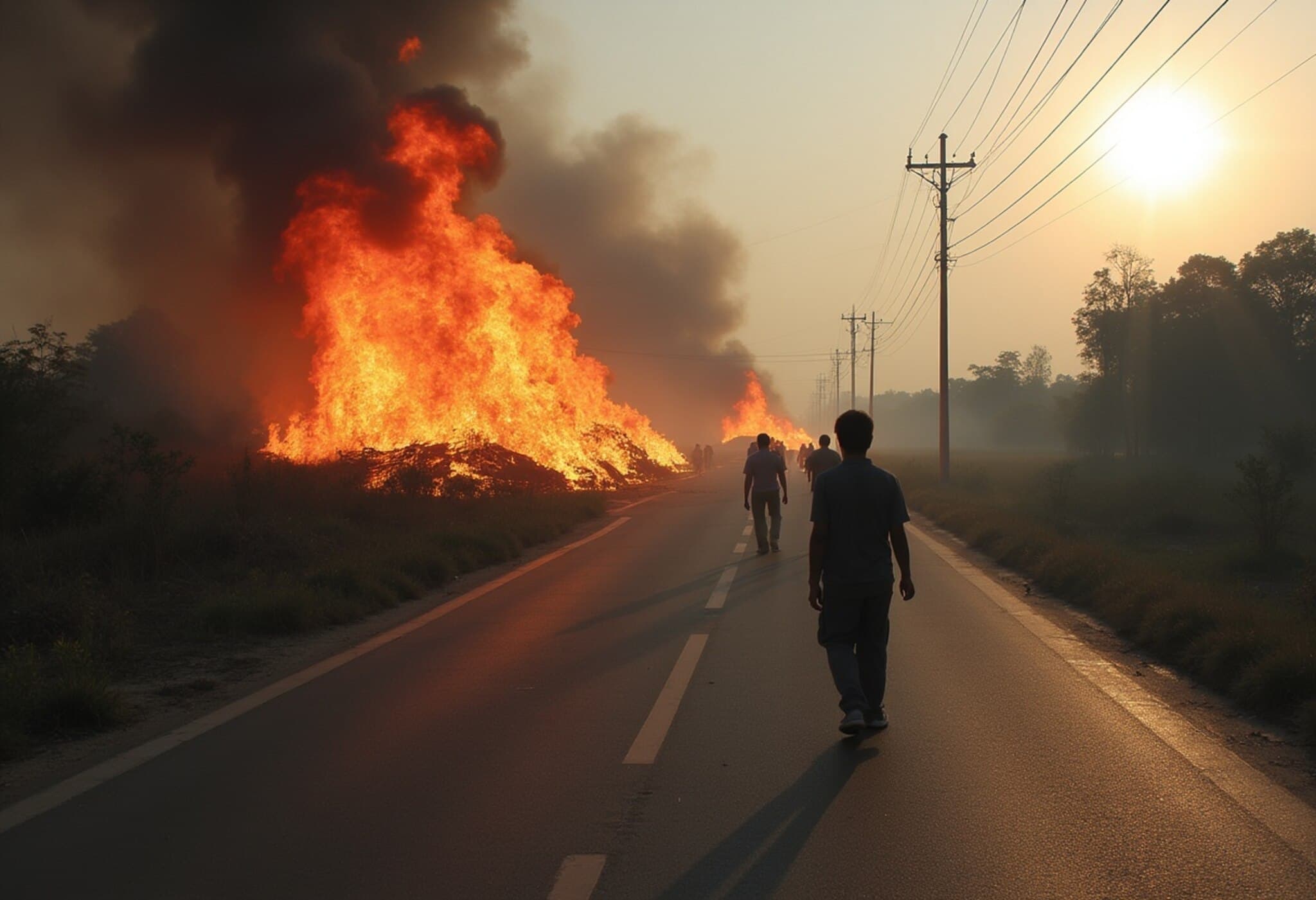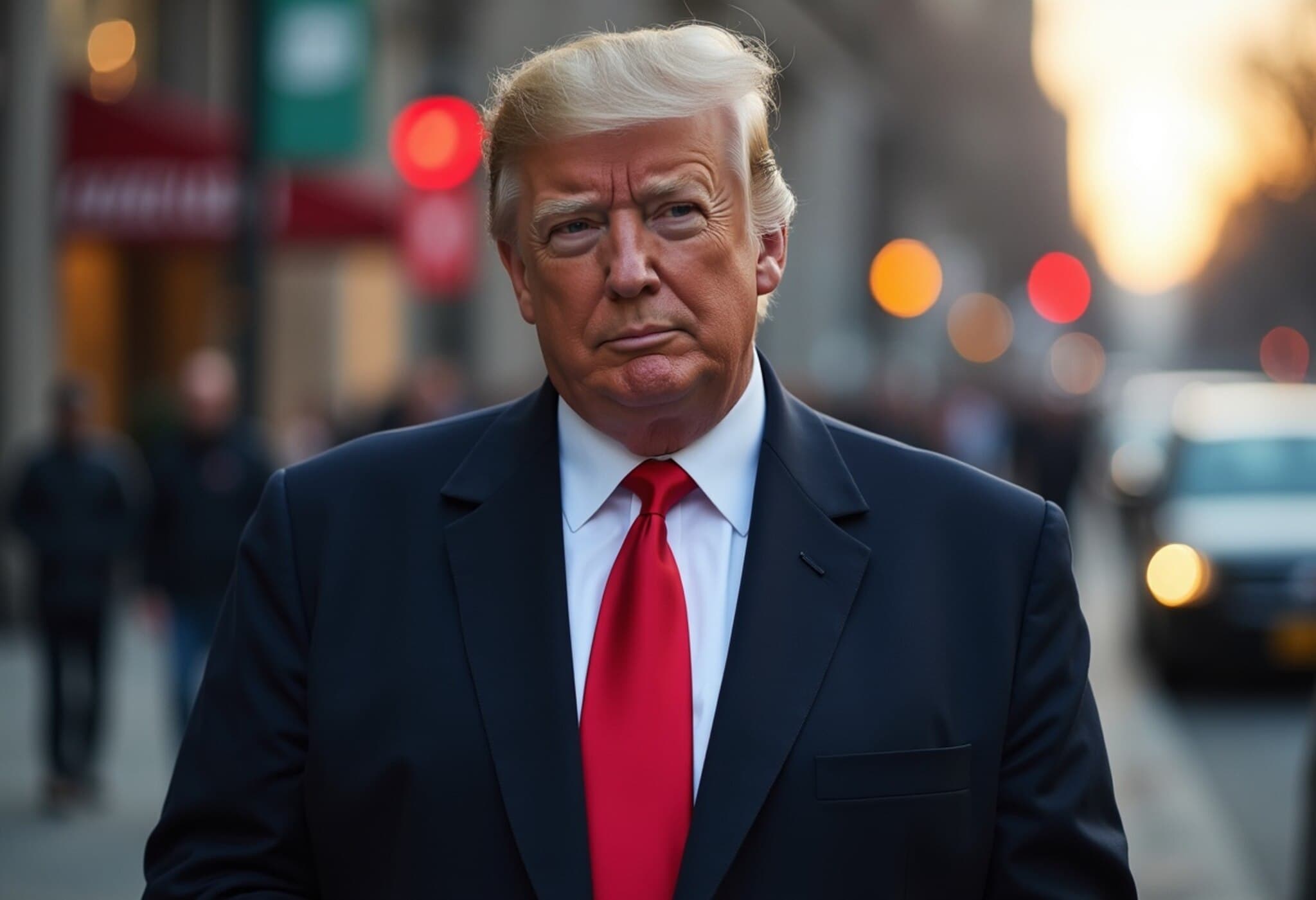Moody’s Boosts Turkey’s Credit Rating, Signaling Improved Investor Trust
In a pivotal development on July 26, 2025, Moody’s Investors Service elevated Turkey’s long-term sovereign debt rating from B1 to Ba3, reflecting growing confidence in the country’s economic management. While the rating remains below investment grade, Moody’s assigned a stable outlook to Turkey’s financial future, highlighting significant progress in economic reforms and a tightening grip on inflation.
Key Drivers Behind the Upgrade
Moody’s decision is anchored in the Turkish government’s ongoing efforts to restore confidence amid years of economic volatility. The agency pointed to several factors underpinning the rating improvement:
- Restrictive Monetary Policy: The Central Bank of Turkey’s commitment to a tighter monetary stance has begun to ease inflationary pressures, a critical step towards economic stability.
- Slowing Inflation: Official figures showed inflation dropping to 35% year-on-year in June, down from a staggering 75% at its peak in May 2024.
- Structural Reforms: Initiatives aimed at reducing Turkey’s energy dependence and boosting export competitiveness promise to enhance resilience against external economic shocks.
Challenges Remain on Turkey’s Economic Horizon
Despite the positive trajectory, Moody’s cautions that Turkey’s limited foreign exchange reserves maintain a vulnerability to sudden balance-of-payments shocks, which could unsettle investor sentiment. Additionally, the rating agency noted that although inflation is decelerating, it remains elevated by global standards.
Moreover, the Central Bank’s recent decision to cut the key interest rate from 46% to 43%—a somewhat larger than anticipated reduction—reflects a delicate balance between fostering growth and preventing a resurgence of inflation. The bank forecasts a temporary inflation uptick in July but expects a decline to 24% by year-end 2025 and further down to 12% by 2026.
Contextual Insight: What This Upgrade Means for Turkey and Global Markets
This upgrade is more than a ratings adjustment; it serves as a barometer of Turkey’s economic resilience amid mounting internal and external challenges. Investors, particularly those from the U.S. and Europe, have been wary of Turkey’s fiscal health given historical inflation volatility and geopolitical risks in the region.
The move by Moody’s can encourage inflows of foreign direct investment and portfolio capital, which are vital for Turkey’s long-term growth strategies, especially in infrastructure and industrial sectors.
Underreported Narratives
What often gets overlooked is the incremental social impact of these policies. High inflation, especially in developing economies, disproportionately affects lower-income households. Thus, Moody’s upgrade indirectly underscores some progress in alleviating economic hardships through effective policy measures.
Furthermore, energy independence reforms could signal Turkey’s strategic shift amid evolving global energy geopolitics, which remains a critical factor for U.S. policymakers monitoring NATO allies’ economic stability and energy supplies.
Expert Perspective
Economist Dr. Leyla Çelik, specializing in emerging markets at the Brookings Institution, notes, “Moody’s upgrade is cautiously optimistic. It recognizes Turkey’s monetary discipline and reform agenda but highlights that vulnerabilities, particularly in reserves and external balances, persist. The next 12-24 months will be critical in demonstrating sustained economic stability.”
Looking Ahead
As Turkey strides forward, the interplay between policy reforms, geopolitical dynamics, and global economic conditions will dictate the country’s fiscal narrative. Continued vigilance and adaptive measures will be key to maintaining and furthering investor confidence.
Summary
- Moody’s upgraded Turkey’s debt rating to Ba3 with a stable outlook.
- Inflation has moderated significantly but remains a challenge.
- Structural reforms enhance economic resilience but limited foreign reserves pose risks.
- Policy choices in the coming months will be closely watched by global investors.
















